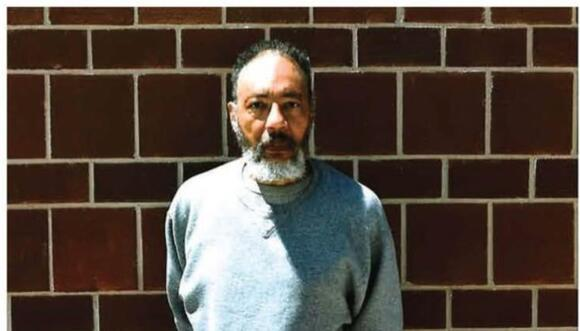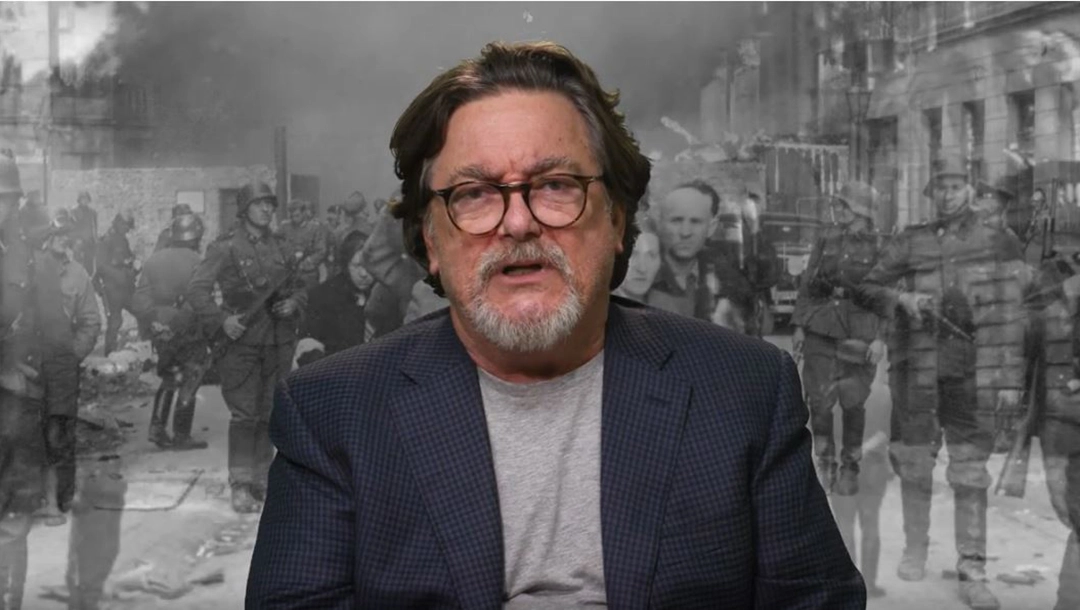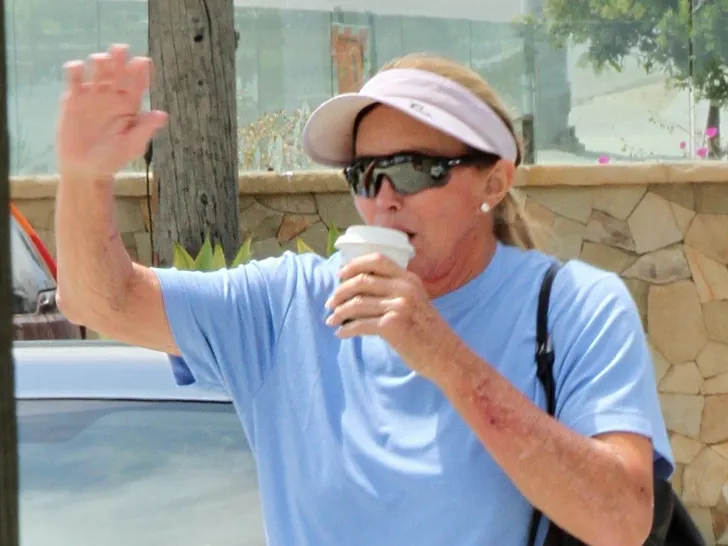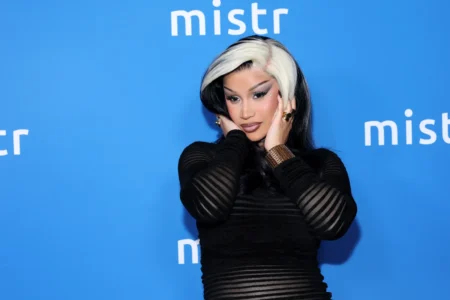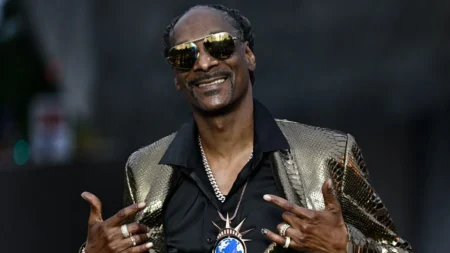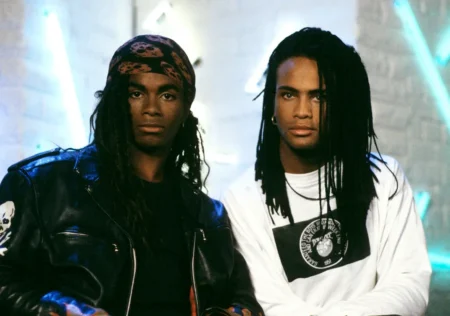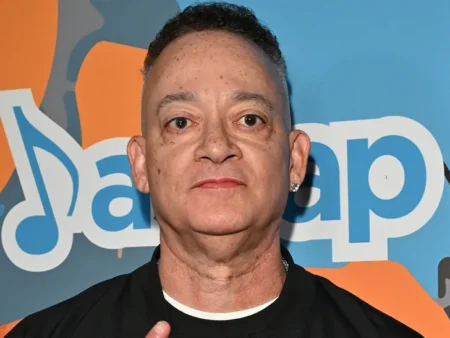Larry Hoover, the once-feared leader of the Gangster Disciples, may have had a major legal win thanks to former President Donald Trump—but he’s far from walking free. Despite Trump’s high-profile commutation of his federal life sentence, Illinois state authorities are not budging—and Hoover’s release is still tangled in legal red tape.
Trump Commuted His Federal Sentence—But There’s a Catch
In 2021, Trump granted clemency to several high-profile inmates during his final days in office—Larry Hoover’s name made headlines as one of the most controversial. The move commuted, or reduced, Hoover’s six federal life sentences tied to running a criminal enterprise while behind bars.
But there’s a big legal difference between a commutation and a pardon:
- A commutation reduces the length of the sentence.
- A pardon forgives the crime entirely and erases it from the record.
Trump’s clemency didn’t erase Hoover’s criminal past—and it only applied to his federal charges.
State of Illinois Still Has Him Locked In
Even though he caught a break at the federal level, Larry Hoover, now 74, remains imprisoned under a separate life sentence handed down by the State of Illinois.
TMZ Hip Hop reached out to the Illinois Governor’s office, and the message was clear:
“The only way Larry Hoover can seek parole or clemency in Illinois is to file a petition with the Prisoner Review Board (PRB).”
What’s the PRB and Why Does It Matter?
The Prisoner Review Board is an official state body responsible for:
- Deciding whether inmates are eligible for parole
- Making recommendations to the Governor about clemency requests
In other words, the board holds the keys to Hoover’s freedom in Illinois. Even if Governor J.B. Pritzker wanted to release Hoover today, he legally can’t—not without a formal recommendation from the PRB.
The Governor’s office even threw a little shade, telling TMZ:
“Unlike Donald Trump, Illinois follows the law—and its justice system is no exception.”
Still in Federal Custody—for Now
Although Trump commuted his sentence, Hoover remains in federal custody at the United States Penitentiary Florence ADMAX in Colorado—one of the most secure prisons in the country.
A spokesperson for the Federal Bureau of Prisons confirmed Hoover is still housed at the Florence facility. His relocation is under review, undergoing “additional research and auditing.” So while Trump’s decision technically means Hoover could be transferred, he’s still behind bars.
How Larry Hoover Got Here: A Look Back
Larry Hoover’s prison journey began in 1973, when he was convicted in Illinois for organizing the murder of William “Pooky” Young. The motive? Control over Chicago’s heroin trade.
That conviction led to a 200-year state sentence.
Then in 1997, while already behind bars, Hoover was federally convicted of continuing to lead the Gangster Disciples from prison—overseeing drug operations, extortion rings, and violence on the streets of Chicago. He was sentenced to six life terms in federal court.
Trump’s commutation reduced those federal sentences—but the original state sentence remains untouched.
Larry Hoover Jr. Speaks Out: “Grateful for the Support”
Despite the lingering legal setbacks, Larry Hoover Jr. remains hopeful. He told TMZ he’s especially thankful for the support of two key allies:
- Kanye West, who publicly advocated for his father’s release during a 2021 meeting with Trump.
- Alice Marie Johnson, the justice reform advocate whose own sentence was commuted by Trump after a campaign led by Kim Kardashian.
“Without their voices, my father might still be forgotten,” said Hoover Jr.
Both Kanye and Alice Marie Johnson have been vocal champions of criminal justice reform, arguing that Hoover has changed during his decades behind bars and deserves a second chance.
Why His Case Still Sparks Controversy
Larry Hoover’s legacy is deeply polarizing. To many, he’s remembered as a notorious gang boss, responsible for fueling crime and chaos in Chicago. To others, especially within the criminal justice reform movement, he’s seen as a symbol of excessive sentencing and the failures of mass incarceration.
Supporters Say:
- He’s spent more than 50 years behind bars—more than enough time served.
- He’s no longer a danger to society and wants to mentor youth from making similar mistakes.
- His federal case relied heavily on surveillance and secret recordings, raising due process questions.
Critics Argue:
- He still poses a threat due to his influence.
- Releasing him could send the wrong message about organized crime.
- Victims and communities affected by gang violence deserve justice.
What’s Next for Hoover?
For now, Hoover’s team must formally petition the Illinois PRB, presenting arguments for clemency or parole. It’s a process that can take months or even years, and there’s no guarantee of success.
Still, the Trump commutation has reignited national debate around Hoover’s fate—and shined a spotlight on how state vs. federal legal systems can clash when it comes to high-profile inmates.
Final Thoughts: Will Larry Hoover Ever Be Free?
While Trump gave Larry Hoover a powerful hand with his federal sentence, Illinois law may prove even harder to beat.
Will Governor J.B. Pritzker step in after a PRB recommendation? Or will Hoover remain imprisoned for the rest of his life?
The public remains divided—but one thing is clear: this legal saga is far from over.
???? What are your thoughts on Larry Hoover’s case? Should he be granted clemency? Drop your opinions in the comments and stay tuned for more exclusive updates!




